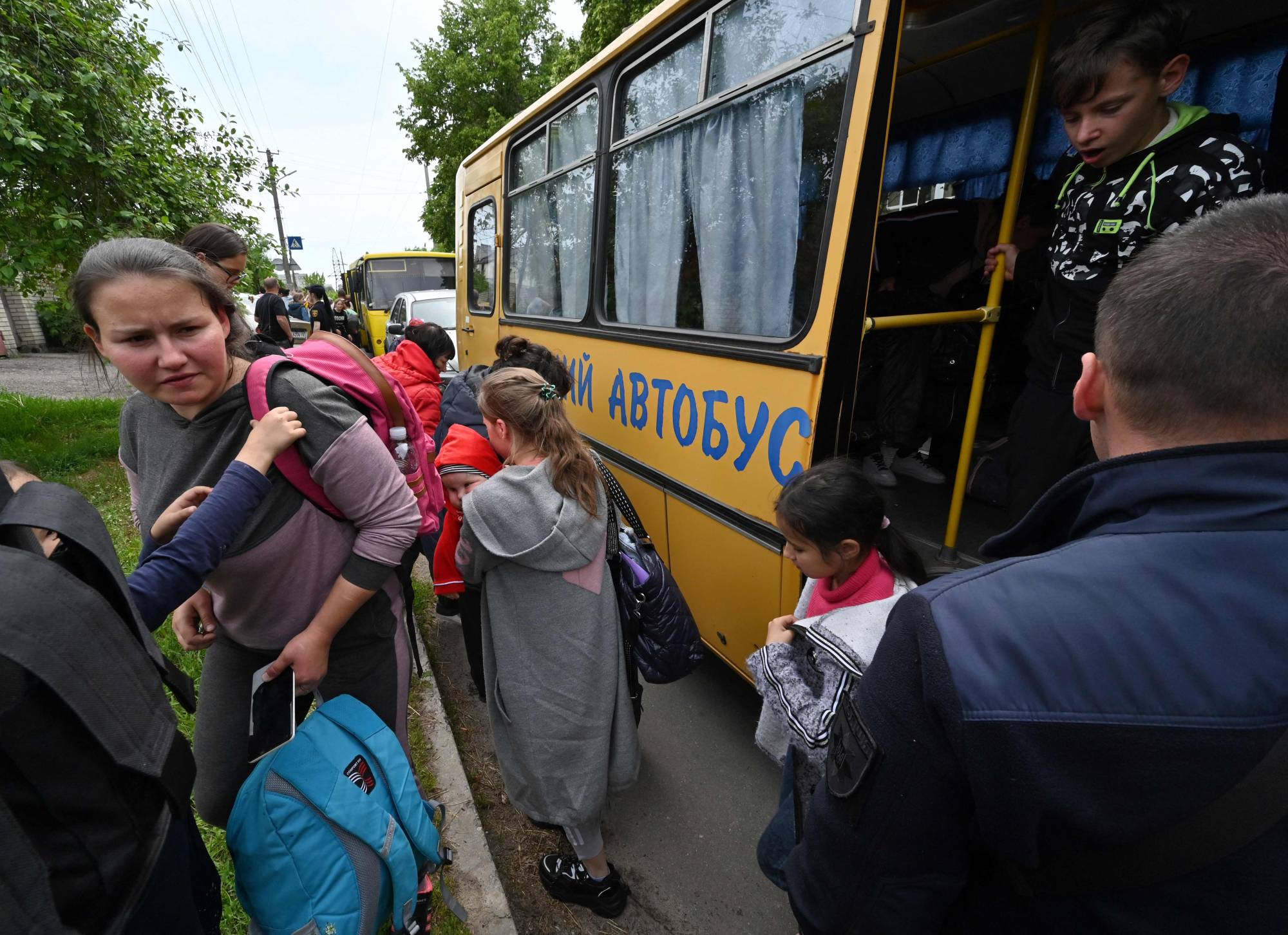Ukraine is still in the grip of war, but the country is already in talks with other nations on how to rebuild once the conflict is over.
And with Japan’s rebuilding know-how — rising from the rubble of World War II and from the devastation of the earthquake-triggered tsunami in 2011 being just two examples — Tokyo can do much to help Kyiv, says Kuninori Matsuda, the Japanese ambassador to Ukraine.
“We should share our own experience reconstructing after World War II and how we have rebuilt our nation after various natural disasters. We should cooperate with Ukraine in their reconstruction phase as well,” Matsuda said in an online interview from Rzeszow, a Polish town 80 kilometers from the Ukrainian border, where the Japanese government and other international organizations are based.


















With your current subscription plan you can comment on stories. However, before writing your first comment, please create a display name in the Profile section of your subscriber account page.